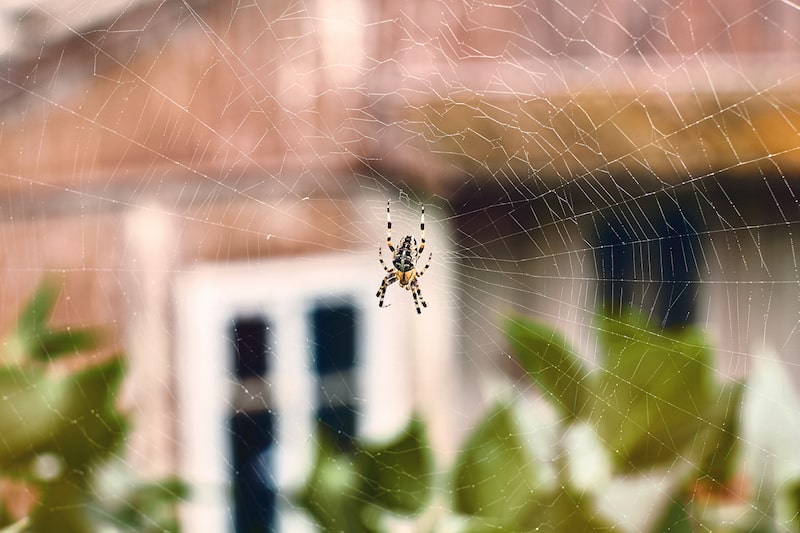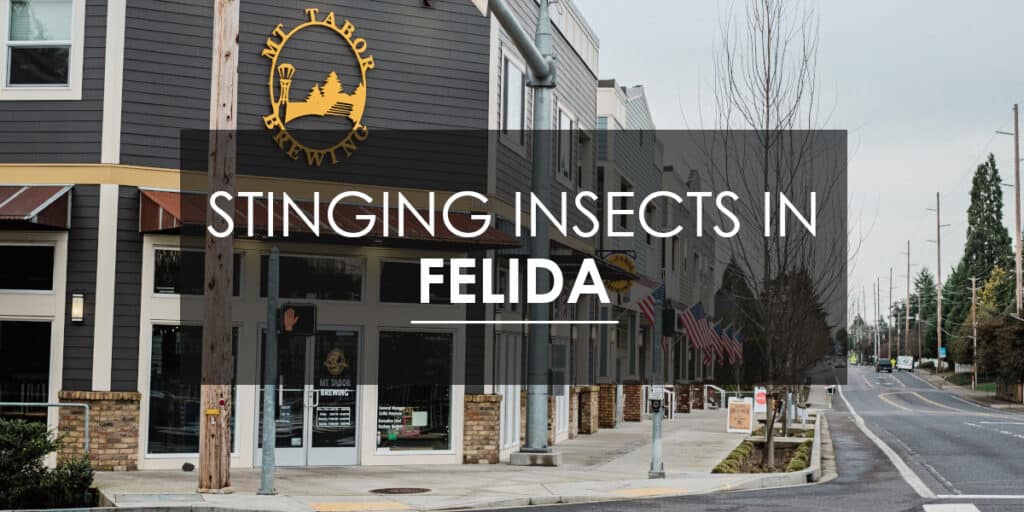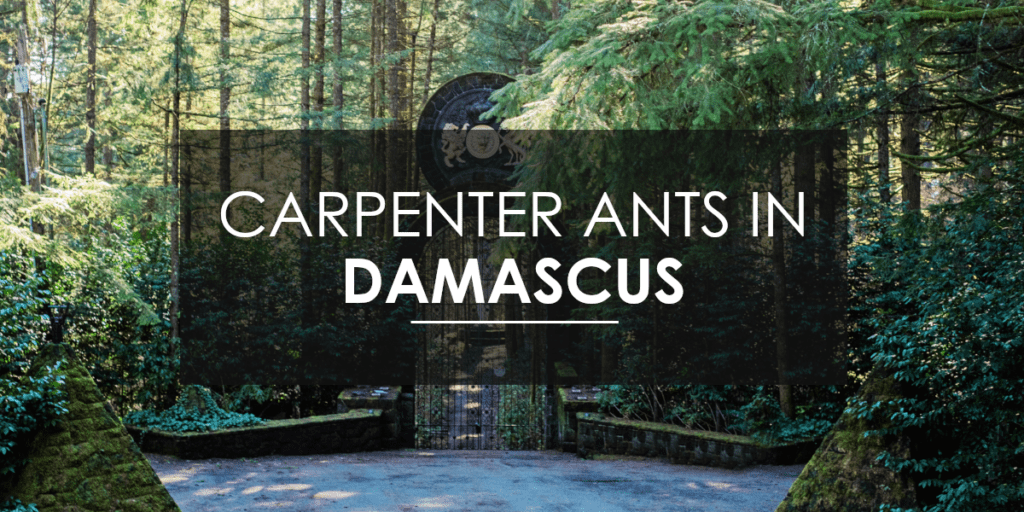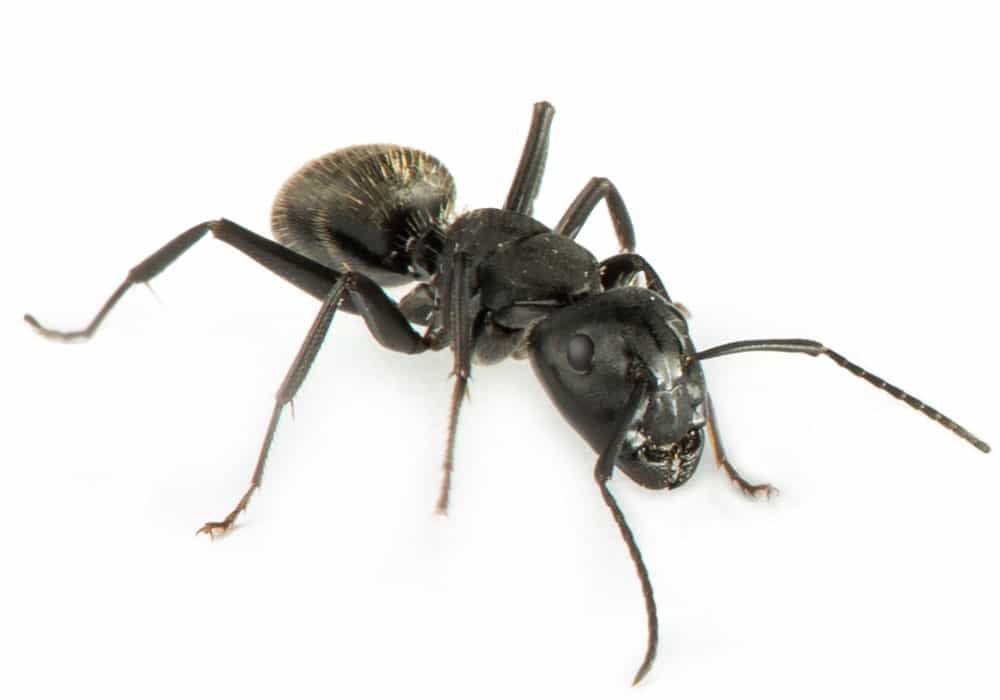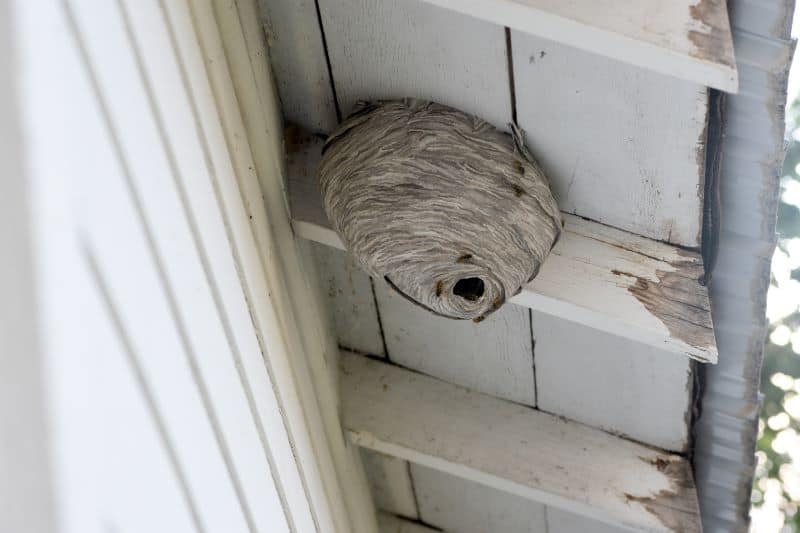Concerned about spiders? Call Aspen! We can help.
We scoured the internet to find the most commonly asked questions about spider infestations in order to help you and your neighbors better understand the habits of these creatures, the potential threat they pose, and just what you can do in order to most effectively treat them.
How do you know if you have a spider infestation?
Unlike a lot of other pests, you can trust your eyes when it comes to assessing a spider infestation. If you’re suddenly seeing spiders and spider webs in greater abundance in or around your home, then it’s a pretty strong indication that you have a spider infestation.
Most baby spiders hatch in the spring months of the year as the weather starts to warm. This means that you’ll see the most spiders in the spring, summer, and even a bit in the fall.
Those autumn months will find the spiders laying their eggs before dying off in the winter, though if these spiders find their way into shelters with consistent sources of food and water, they can continue living throughout the year, laying eggs, multiplying, and growing their population.
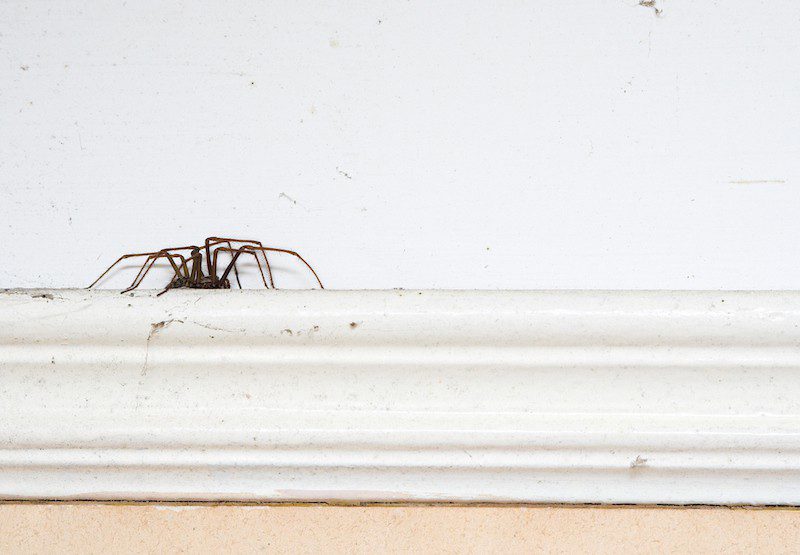
Where are spiders usually found in the house?
Spiders like to spin their webs in places where they can feel safe, while also having consistent access to food and water.
It’s most common to find spiders in places like attics, basements, cellars, and garages, because these are all typically areas in the home where there is little disturbance by humans.
They’ll spin webs in areas around the home that will go unnoticed and untouched by people, and will catch flies, mosquitos, and other pests that the spiders will later consume as food.
A few ways of preventing these situations are to make sure that spiders and other pests don’t have access to the house.
This requires regular inspections of your windows and doors for broken seals or gaps where pests can travel through, as well as regularly cleaning and tidying the areas in the home where spiders like to spin webs.
Repeated removal of webs as well as regular foot traffic through these spaces sends a clear message to the spiders that this is no longer a friendly environment, and they’ll seek out more desirable areas to make their home.
Are the spiders in my home dangerous?
There are a lot of common misconceptions about spiders, many of which have existed for a very long time. So long, in fact, that a surprising number of Americans identify themselves as having some fear of spiders (arachnophobia).
However, most spiders you’ll encounter in Western Washington are not venomous enough to cause you any harm. This is another thing that a lot of people don’t understand: all spiders are venomous, but they’re generally not venomous enough to cause us harm.
People will commonly bring up spiders like Black Widow, Yellow Sac, and Brown Recluse spiders, and while those spiders are venomous enough to cause people harm (and sometimes even death), these spiders are not typically found in our part of the state. The Brown Recluse doesn’t even live in Washington!
The Black Widow and Yellow Sac tend to prefer the more arid climates of the Eastern Washington and it is unusual to see them in the Orchards area.
All that aside, though, there is a possibility that some people may have allergic reactions on occasion to bites from common house spiders.
These bites can lead to feelings of fatigue, nausea, shortness of breath, and other symptoms that require medical attention.
Do not hesitate to seek help if you or a loved one has been bitten by a spider, and, if possible, taking a picture or safely capturing the spider so that medical workers have a clearer sense of the source of the reaction will help them with their treatment.
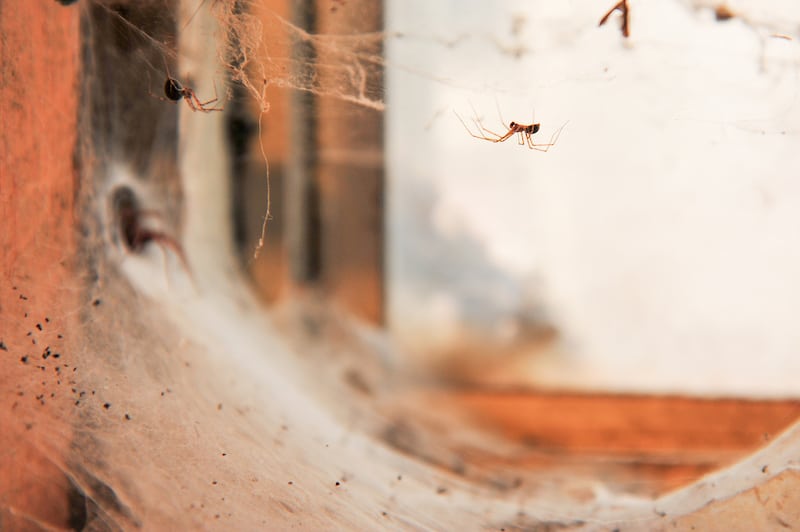
How do I treat a spider infestation?
Our recommendation for the most effective treatment of a spider infestation is through professional support.
At Aspen Pest Control, we will provide you with a free consultation right over the phone after carefully listening to your specific concerns. Our team of technicians — all local, licensed, trained, and certified — will come to your home or business at a time that is convenient for you and conduct a thorough investigation and treatment of the exterior and interior of your home and property.
They’ll apply commercial grade (but still kid, pet, and environmentally friendly) pest control products in an effort to rid your home of your existing pests.
Our technicians will also include web removal as a standard part of your services, as spider webs are a critical component to more effective pest control when it comes to spiders.
In order to protect your home long-term, we recommend the Home Protection Plan, a quarterly, year-round approach to pest control that treats your current pests while also treating for the pests you’ll likely have in the future were it not for the treatment.
Spiders are typically drawn to properties that already have pests living on them, as this is a strong indication that it will be a reliable source of food. Treating these pests, in effect, can also help you treat spiders and other pests who are drawn to your yard.
Ready for pest control designed specifically for you? Then you need Aspen! Contact us today for your free quote!

